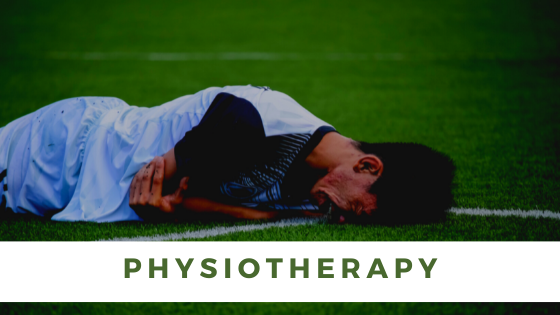Post-Traumatic Stress Disorder used to be mainly associated with war veterans or people who are still currently serving in the military. But later analyses of PTSD Statistics have shown that this disorder is not exclusive to those in the military and in fact, it can affect anyone at any age regardless of gender and racial background.
Anyone who has ever been exposed to a traumatic event whether directly or indirectly is a possible candidate for PTSD. The symptoms may occur immediately after the incident or they may start to appear in later months or sometimes even years.
How Many People are Afflicted with this Disorder?
It is estimated that five million people in the United States are afflicted with Post-Traumatic Stress Disorder every year. The differences only lie in the severity of the condition, age, gender and specific traumatic events that triggered the disorder.
This number is only a small portion of the actual number of people in New York who were exposed to traumatic events. These events include exposure to war, sexual abuse such as rape or an attempt thereof, mugging, robbery, and other events that posed threats of death or being severely harmed by the perpetrator. PTSD should be treated as soon as possible. To find a good PTSD in New York, it is best to search on internet. You can type something like “psychiatrist Rockville Centre NY” and you can start browsing the sites.
Gender and Age Statistics
It is approximated that women are more likely to suffer from PTSD ensuing a traumatic event. About eight percent of men who experienced traumatic events in their lives may suffer from PTSD while twenty percent of women exposed to traumatic occurrences are likely to be afflicted with PTSD.

Studies have likewise shown that of the teenage population, about forty percent of them have experienced something traumatic in their lives. Out of this forty percent, fifteen percent of girls and six percent of boys are more likely to suffer from Post-traumatic Stress Disorder.
Other Factors to Consider
Hormones have also been known to play a role in the development of PTSD in people. It is said that people who have hormonal imbalance have a higher risk of developing PTSD, particularly those with lower levels of stress-response hormones.
Low levels of the hormone cortisol or hydrocortisone greatly affect a person’s response to stressful and traumatic situations.
The severity of the traumatic event as well as the support that a person who may be symptomatic to PTSD gets from friends and family also play an important role. These influence the level of the stress disorder that a patient may experience following a traumatic event.
Finally, those who have been known to have suffered from other types of mental or psychological disorder, other stress disorders as well as those who may have had an unhappy childhood experience have a greater risk of developing PTSD.



